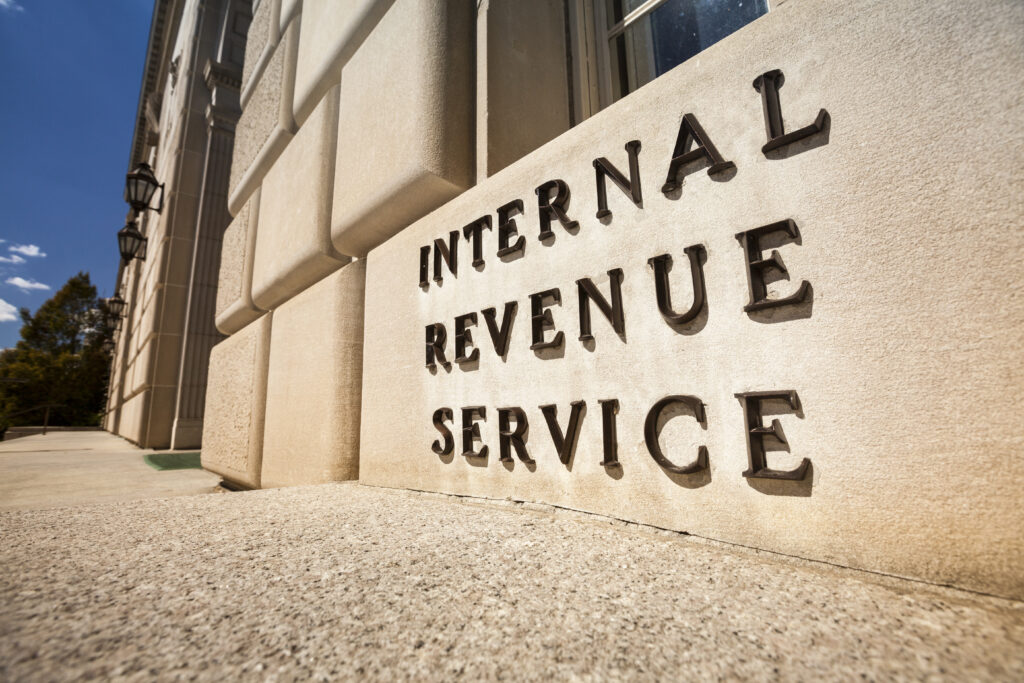The Internal Revenue Service (IRS) recently modified the contribution limits for health savings accounts (HSAs) covering families. The 2018 contribution limit for HSAs linked to family coverage will be $6,850—not $6,900, as the IRS had previously announced.
In its Internal Revenue Bulletin No. 2018–10, released March 5, the IRS clarified that for HSAs, the annual tax-deductible contribution limit for tax year 2018 will stay at $3,450 for HSA account holders with self-only coverage through a high-deductible health plan. However, the limit must be lowered to $6,850 for account holders with family coverage through a high-deductible plan.
For employer adoption assistance programs, the maximum amount that can be excluded from an employee’s gross income for qualified adoption expenses is reduced to $13,810 from $13,840. Also, the adjusted gross income threshold after which the adoption exclusion begins to phase out is reduced to $207,140 from $207,580.
Please note that individual contribution limits are unchanged. Additionally, health care flexible spending accounts (FSAs), transit and other benefit limits now linked to the chained CPI were not affected for 2018.
Because these changes apply to tax year 2018, employees contributing to an HSA should be informed of the reduced maximum limit, and adjustments in contributions for the remainder of 2018 may be needed. Employees who have already contributed the maximum amount for 2018, such as a one-time HSA contribution at the beginning of the year, will need to receive a refund of the excess contribution. Generally, employees who over-contribute to an HSA and don’t correct it will get hit with a 6 percent excise tax.
For questions or more information, please contact Jon Alexander at (949) 885-2330.




